This week, Asymptote‘s Editors-at-Large take us around the global literary scene, featuring book fairs and the highlights of Women in Translation Month! From the multimedia cultural event Bokmässan by Night in Sweden to the Taiwan/Ireland Poetry Translation Competition, read on to learn more!
Eva Wissting, Editor-at-Large, reporting from Sweden
A month from today, it will be time for Scandinavia’s largest literary event, the Göteborg Book Fair—an event spanning four days with around eight hundred exhibitors and the same amount of seminar speakers. Started in 1985, it now attracts eighty-five thousand writers, publishers, librarians, teachers, and book lovers every year. This year’s themes are Jewish Culture, The City, and Audio. The club concept Bokmässan by Night was introduced last year, which combines bar hopping with various cultural experiences. The fair has now announced that Bokmässan by Night will return on September 29 with four stages, five bars, multiple DJs, and stage performances. The evening includes Swedish writers and dramatists Jonas Hassen Khemiri—known to Asymptote readers through pieces like I Call My Brothers and Only in New York—and Agneta Pleijel, whose novel A Fortune Foretold was published in Marlaine Delargy’s English translation by Other Press in 2017. Bokmässan by Night will also offer live literary criticism with critics Mikaela Blomqvist, Jesper Högström and Valerie Kyeyune Backström, as well as live podcasts, including Flora Wiström’s Röda rummet—a literary podcast which borrows its name from the Swedish Modernist writer and playwright August Strindberg’s 1879 debut novel The Red Room. While Bokmässan by Night is an in-person experience, many other events during the fair are available online through Book Fair Play.


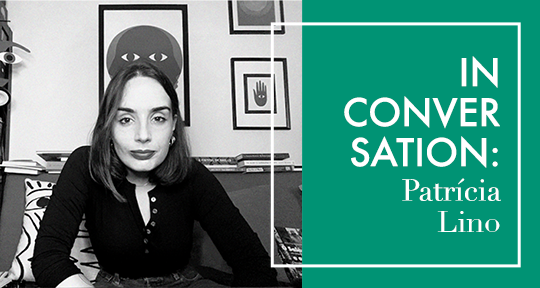

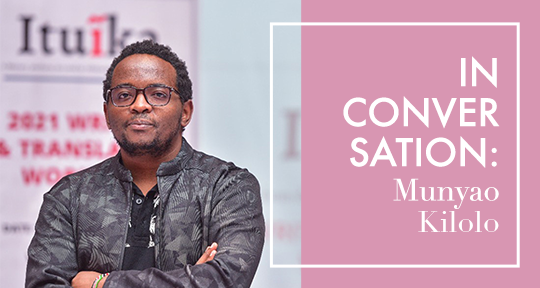

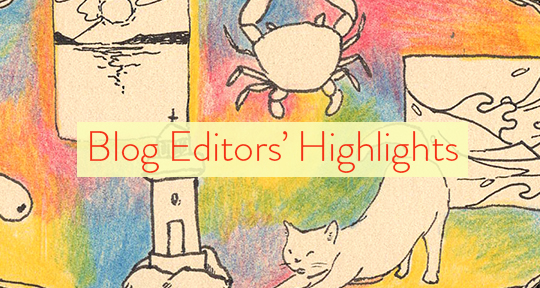

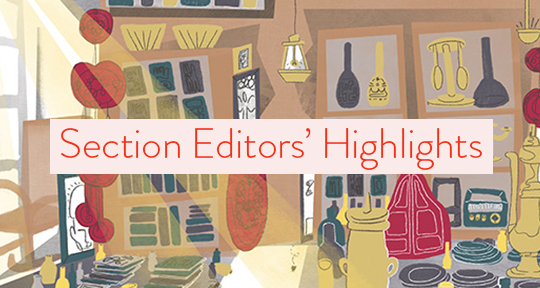
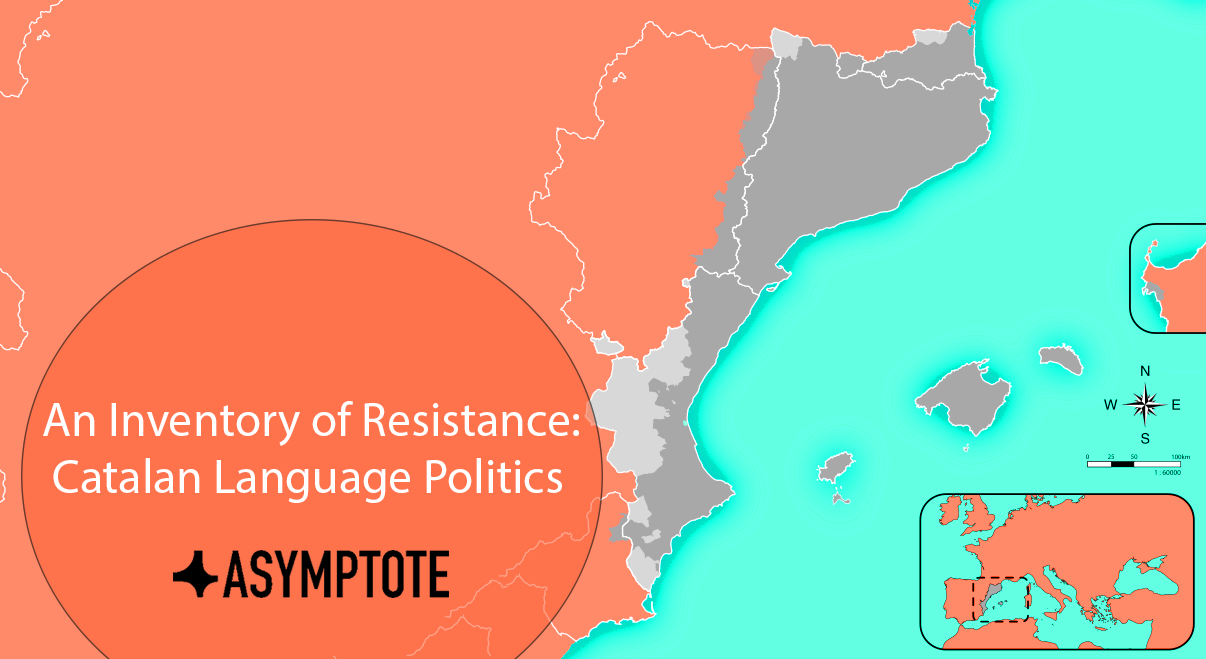
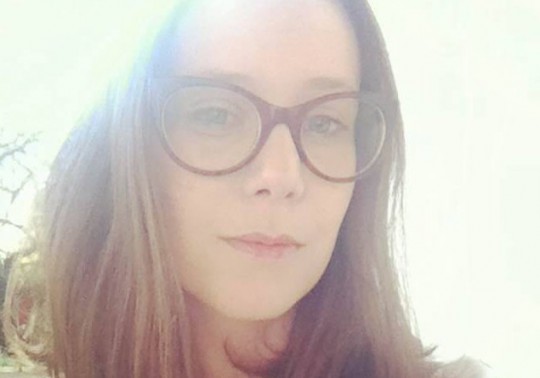
A Pointed Atemporality: Mui Poopoksakul on Translating Saneh Sangsuk’s Venom
He's very aware of the rhythm and musicality of this text . . . he said it should take something like an hour and thirty-seven minutes to read.
In our May Book Club selection, a young boy struggles with a snake in the fictional village of Praeknamdang, in a tense battle between beauty and cruelty. In poetic language that is nostalgic for the world it describes without romanticizing it, Saneh Sangsuk creates a complex and captivating world. In this fable-like story there are no simple morals, in keeping with Sangsuk’s resistance to efforts to depict a sanitized view of Thailand and to the idea that the purpose of literature is to create a path to social change. In this interview with translator Mui Poopoksakul, we discuss the role of nature in the text, translating meticulous prose, and the politics of literary criticism.
The Asymptote Book Club aspires to bring the best in translated fiction every month to readers around the world. You can sign up to receive next month’s selection on our website for as little as USD20 per book; once you’re a member, join our Facebook group for exclusive book club discussions and receive invitations to our members-only Zoom interviews with the author or the translator of each title.
Barbara Halla (BH): How did you get into translation, especially given your law background?
Mui Poopoksakul (MP): I actually studied comparative literature as an undergrad, and then in my early twenties, like a lot of people who study the humanities, I felt a little bit like, “Oh, I need to get a ‘real job.’” I went to law school, and I worked at a law firm for about five years, and I liked that job just fine, but it just wasn’t what I wanted to do for the rest of my life.
So, I started thinking, What should I be doing? What do I want to do with myself? I had always wanted to do something in the literary field but didn’t quite have the courage, and I realized that not a lot of Thai literature been translated. I thought, If I can just get one book out, that would be really amazing. So, I went back to grad school. I did an MA in Cultural Translation at the American University of Paris, and The Sad Part Was was my thesis from that program. Because I had done it as my thesis, I felt like I was translating it for something. I wasn’t just producing a sample that might go nowhere.
The whole field was all new to me, so I didn’t know how anything worked. I didn’t even know how many pages a translation sample should be. But then I ended up not having to worry about that because I did the book as my thesis.
BH: You mentioned even just one book, but did you have any authors in mind? Was Saneh Sangsuk one of those authors in your ideal roster?
MP: I wouldn’t say I had a roster, but I did have one author in mind and that was Prabda Yoon, and that really helped me get started, because I wasn’t getting into the field thinking, “I want to translate.” My thought was, “I want to translate this book.” I think that helped me a lot, having a more concrete goal.
READ MORE…
Contributor:- Barbara Halla
; Languages: - English
, - Thai
; Place: - Thailand
; Writers: - Mui Poopoksakul
, - Prabda Yoon
, - Saneh Sangsuk
; Tags: - Deep Vellum
, - environmentalism
, - literary criticism
, - nature
, - nature in storytelling
, - pacing
, - pacing in translation
, - Peirene
, - respect for nature
, - rhythm
, - rhythm in translation
, - social commentary
, - storytelling
, - Thai literature